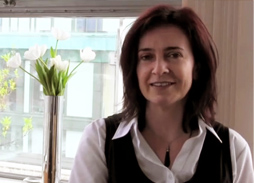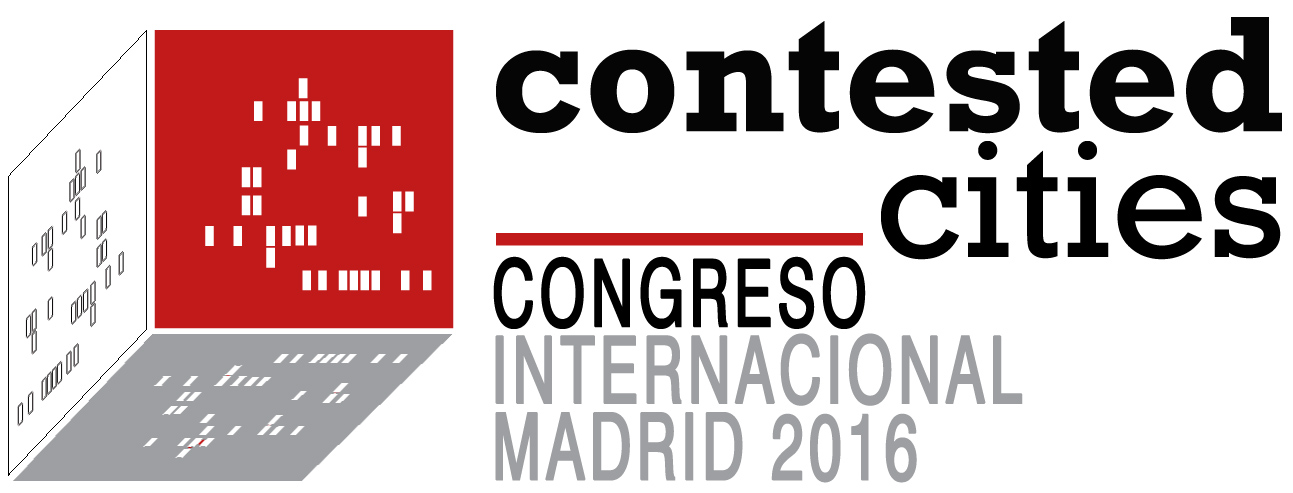
María Kaika holds a D.Phil. in Geography from the University of Oxford, and an MA in Architecture from the National Technical University of Athens as well as professional qualifications as an architect. Her previous posts include: Fellow, St. Edmund Hall, Oxford; Director of Studies in Human Geography at St Hugh's College, Oxford; University Lecturer, Oxford University School of Geography; Junior Research Fellow, Linacre College, Oxford; Lecturer in Human Geography at St Peter's College Oxford.
Abstract:
Between compassion and solidarity: Europe’s new Janus face and how fighting for the commons can avoid an anthropological catastrophe
The 2008 crisis both united and divided Europe, through a Janus-faced reaction to unemployment, poverty and homelessness. One side of Europe’s Janus-face bears the form of compassion and support; the other side bears the form of racism and xenophobia. In this paper I argue that there is more in common between these two seemingly antithetical reactions than we may like to think. I suggest that compassion and racism are equally divisive and ‘othering’ practices. Racism transforms human beings into de-humanized entities in order to hate them. Compassion transforms human beings into dependent objects in order to offer help. Both compassion and racism are the strongly a-ffective, but ultimately a-political reactions of citizens who became imbued with fear when social solidarity and welfare provision across Europe turned from a collective responsibility into a private affair. After the 1990s, citizens were made ‘responsible’ for purchasing their own access to better housing, education, healthcare etc. ‘assisted’ by the liberalisation of private loans and mortgage markets. This metamorphosis of welfare from a collective responsibility (funded through public deficit spending), to a private affair (funded through private loans) enrolled the labour, bodies, and livelihoods of the workforce into global financial speculative mechanisms and turned collectively responsible political subjects into the politically discredited subject that Lazzarato (2007) terms “the indebted ]wo/]man”s. Europe’s new Janus is precisely this politically discredited indebted man/woman. Understanding the intimate relationship between our lives and financial institutions developed through turning collective welfare into a private affair is imperative in order to contextualise both: 1) fear-driven reactions to the recent economic crisis; and 2) new forms and practices of solidarity. Unlike compassion, solidarity is not an a-ffective act; it is political praxis, the generation and institution of new imaginaries and methods which can avoid an anthropological catastrophe through promoting rupture with previous subject positions that can disentangle the thread of life from the web of financial transactions.
